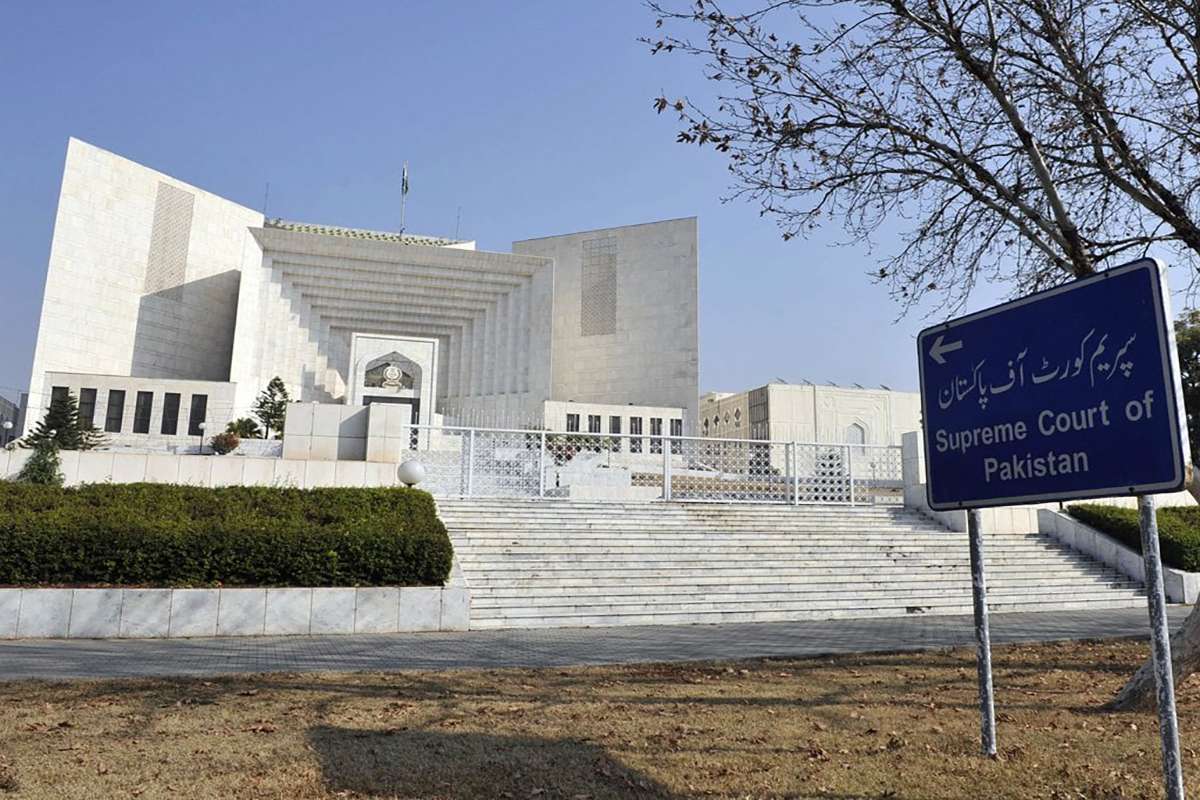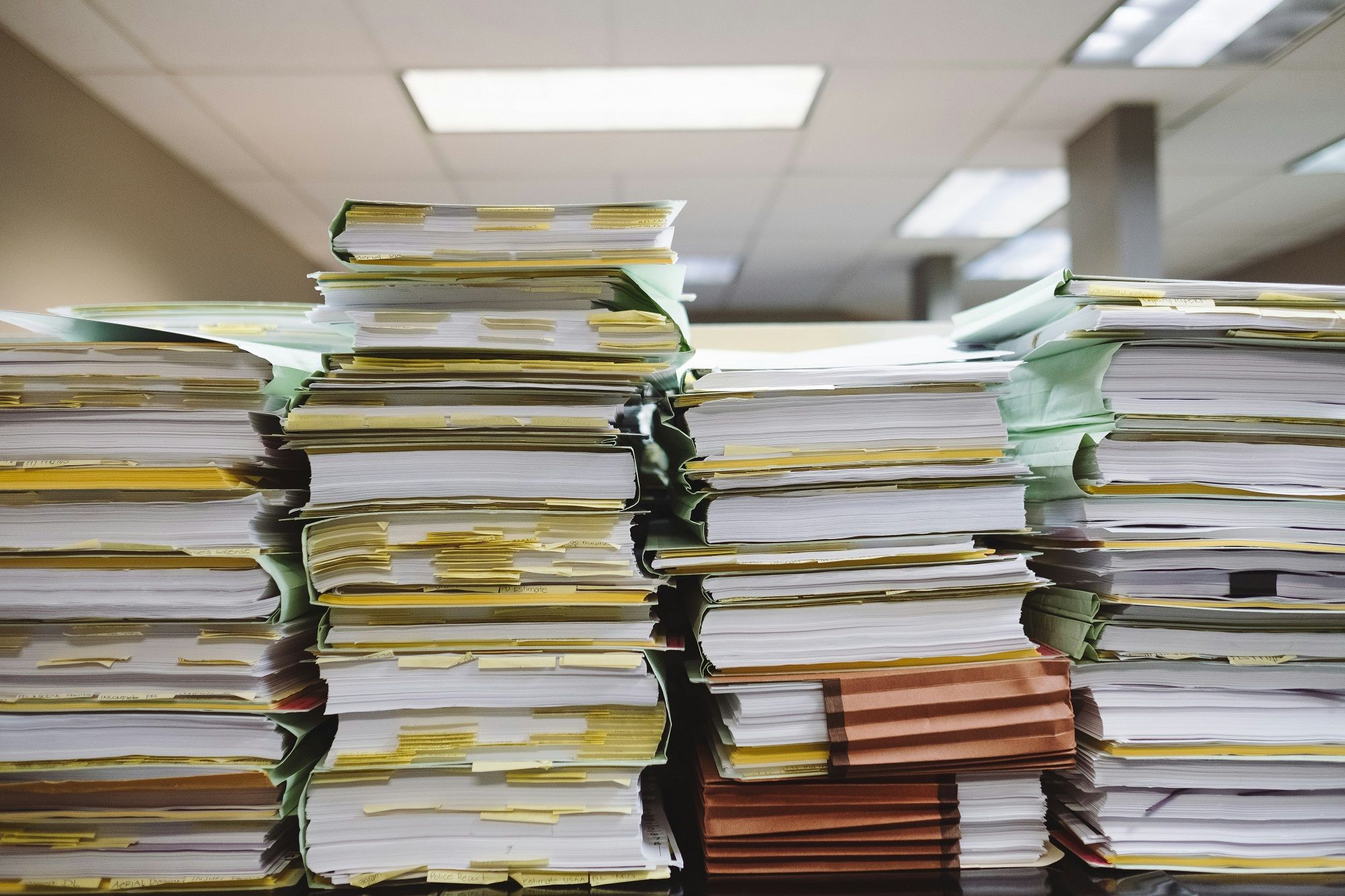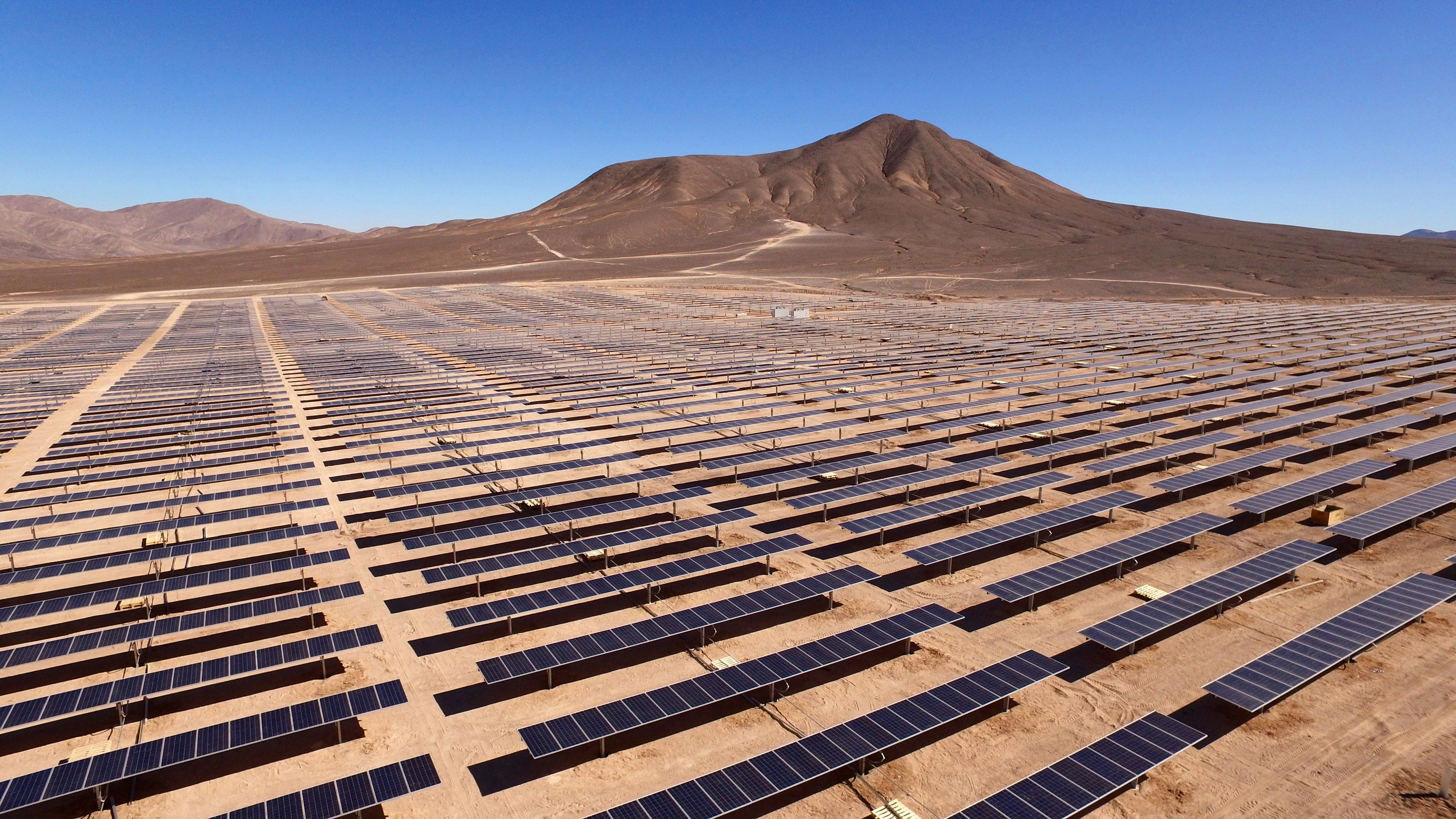- 19 October 2022
- No Comment
- 190
Let’s look into the Governmental Setup of Pakistan ko

The political structure of Pakistan is based on its constitution. A country, where provincial governments enjoy the utmost powers, is a federal republic parliamentary. It is consisting of three branches namely “the executive, legislative and judicial” branches, whereas power sharing is according to the constitution. The president is the head of state, selected by a prime minister who is the head of government elected through votes.
“Executive branch”, current and previous presidents of Pakistan must be Muslims by the constitutional requirement that Islam is the official state religion. A five-year electoral college comprised of senators, representatives from the National Assembly and representatives from the provincial assembly elects the president, who is also up for re-election. No one, however, is permitted to occupy the position for more than two terms in a row.
The president is eligible for impeachment, resignation, and disability removal from office. The National Assembly members vote to elect the prime minister. The Federal Cabinet, a council of ministers whose members are chosen by the president on the prime minister’s suggestion, supports the PM. Ministers, ministers of state, and advisers make up the Federal Cabinet.
“Legislative branch”, National Assembly, and Senate make up the upper body of the bicameral federal legislature (lower house). The Majlis-e-Shoora, as defined in Article 50 of the Constitution, is made up of the National Assembly, the Senate, and the President (Council of Advisers). The democracy of Pakistan lacks a recall procedure. However, the President has invoked Article 58 of the Constitution to overthrow previous governments due to corruption. The Thirteenth Amendment eliminated the President’s ability to fire the Prime Minister and dissolve the National Assembly, and the Seventeenth Amendment partially restored it.
“Judicial Branch”, The Supreme Court, provincial high courts, District & Sessions Courts, and Civil and Magistrate courts with both civil and criminal jurisdiction are all part of the judiciary. All provinces have established federal and provincial courts and tribunals, including the Boards of Revenue’s Tribunals, the Services Court, the Income Tax & Excise Court, and the Banking Court.
The Federal Shariat Court (FSC) of Pakistan is a tribunal having the authority to assess and decide whether national legislation complies with Shari’a law. It is made up of 8 Muslim judges who were chosen by the President of Pakistan after consulting the Chief Justice of this Court. They were chosen from among active or retired judges of the Supreme Court, a High Court, or individuals who met the requirements to serve as judges of a High Court. Three of the eight judges must be Ulema who are knowledgeable about Islamic law. One High Court exists in each province.
Each of the four provinces currently has a high court, with the names Lahore High Court, Sindh High Court, Peshawar High Court, and Baluchistan High Court, respectively. The constitution’s provision for the Mohtasib (Ombudsman) position is another aspect of the legal system. Many early Muslim kingdoms established the Mohtasib office to make sure that citizens were not treated unfairly. The Mohtasib is a four-year position that is appointed by the president; it cannot be renewed or extended. The Mohtasib’s goal is to institutionalize a framework for upholding administrative accountability by looking into and correcting any injustice done to a person as a result of poor management by a federal agency or a federal government employee.
Four provinces and “provincial governments”, a territory, and a capital territory make up Pakistan. A directly elected legislature known as the Provincial Assembly exists in each province. Members are chosen for a tenure of five years. Each Assembly chooses a Chief Minister, who then chooses the cabinet ministers. Baluchistan, Punjab, Khyber Pakhtunkhwa, Islamabad Capital Territory, Sindh, Gilgit-Baltistan, Azad Kashmir is a “Local authority” that is overseen by the federal government.
The districts that make up Pakistan’s provinces are known as villas in the local tongue. Tehsils are another level of division within a Zilla. Municipalities or towns may be found in tehsils and are known as municipality governments. The system in Pakistan is now the one that most fully implements an integrated federated systemic architecture. There are thousands of local governments in Pakistan. Since 2001, the vast majority of these have been led by democratically elected local councils, each headed by a Nazim (mayor or supervisor.) Council elections are held every four years.
Regarding foreign affairs, Pakistan is the only Muslim country with a proclaimed nuclear power status, making it the second-largest Muslim country in terms of population. This position affects Pakistan’s standing internationally. It participates actively in the UN as well.
In the past, its foreign policy has included tense ties with India, a desire for a stable Afghanistan, long-standing close ties with the People’s Republic of China, significant security and economic interests in the Persian Gulf, and extensive bilateral ties with the United States and other Western nations. Additionally, Pakistan plays a significant role in the Organization of Islamic Cooperation (OIC).
To forward its objective to encourage a renaissance and enlightenment in the OIC, Pakistan has used it as a forum for Enlightened Moderation. Pakistan and Turkey continue to have close ties now. the Economic Cooperation Organization (ECO) was established in 1985 as a result of a Pakistani-Turkish initiative.



